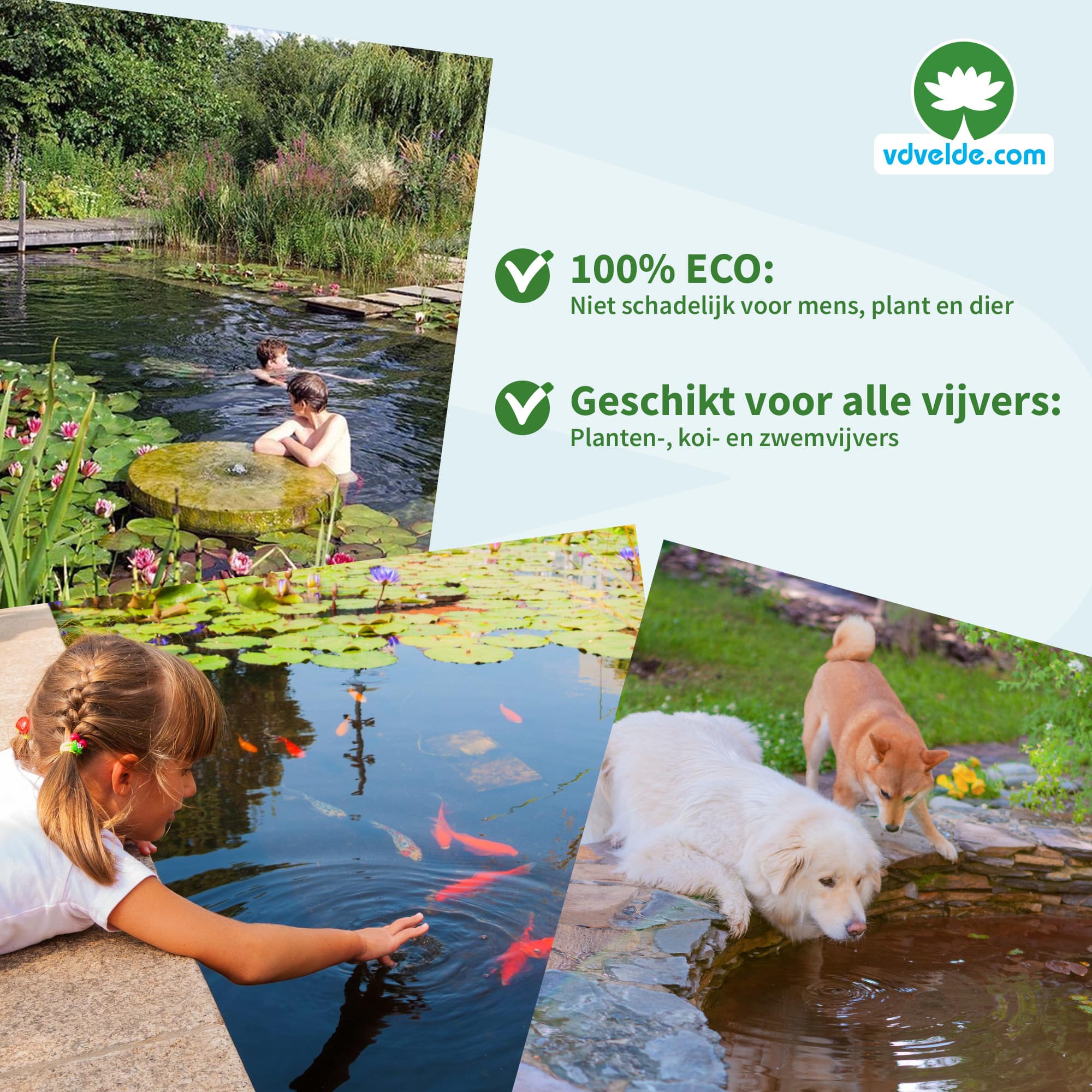Can Penguins Be Pets: Complete Guide to Penguin Ownership Legality and Reality
The reality of penguin pet ownership
Whether penguins can be pets capture the imagination of many animal lovers. These charming, tuxedo clothe birds waddle their way into our hearts through documentaries and zoo visits, lead some to wonder if they could bring one home. The short answer is no – penguins can not and should not be keep as pets. This comprehensive guide explore the legal, ethical, and practical reasons why penguin ownership is impossible for private individuals.
Legal restrictions on penguin ownership
Federal and international laws purely prohibit private penguin ownership. The marine mammal protection act and the endangered species act provide robust protection for these birds. Additionally, the convention on international trade in endangered species (cites )regulate penguin trade globally.
All penguin species are protected under various wildlife conservation laws. Yet attempt to acquire a penguin illicitly can result in substantial fines and criminal charges. The penalties reflect the serious nature of wildlife trafficking and the importance of protect these vulnerable species.
Exclusively accredited zoos, aquariums, and research institutions can lawfully house penguins, and they must obtain special permits and meet stringent requirements. These facilities undergo regular inspections and must demonstrate their ability to provide appropriate care.
Penguin species and their natural habitats
Eighteen penguin species exist global, each adapt to specific environmental conditions. Emperor penguins endure antarctic temperatures as low as 40 ° f, while aAfricanpenguins inhabit temperate coastal regions. Galápagos penguin live near the equator, demonstrate the diverse range of penguin habitats.
These birds have evolved over millions of years to thrive in their natural environments. Their unique physiology, include specialized feathers, circulatory systems, and behavioral adaptations, make them unsuitable for domestic life. Penguins require specific temperature ranges, humidity levels, and social structures that can not be replicate in home settings.
Most penguin species are extremely social, live in colonies that can number in the thousands. This social structure is crucial for their psychological well-being, breed success, and survival strategies. Isolate a penguin from its colony would cause severe stress and behavioral problems.
Specialized care requirements
Penguins have inordinately complex care needs that make homeownership impossible. Their diet consist principally of fish, krill, and squid – require fresh, high quality seafood eevery day A single penguin can consume several pounds of fish per day, make feeding costs prohibitively expensive for private individuals.
Temperature control represent another major challenge. Most penguin species require systematically cool environments, much below 50 ° f. Maintain these temperatures year round would require specialized refrigeration systems that consume enormous amounts of energy and require constant monitoring.
Water quality is critical for penguin health. These birds spend significant time swimming and require large pools of clean, filter saltwater. The filtration systems need to maintain proper water quality are complex, expensive, and require professional maintenance.
Veterinary care for penguins require specialized knowledge that few veterinarians possess. Find qualified medical care for an exotic species like a penguin would be virtually impossible in most areas, put the animal’s health at serious risk.
Physical and behavioral characteristics
Penguins are powerful, athletic birds with sharp beaks and strong flippers. Despite their cute appearance, they can be aggressive and may bite when stress or threaten. Their beaks are design for catch slippery fish and can inflict serious injuries.
These birds are too unbelievably messy. Penguins produce large amounts of waste, and their natural behaviors include regurgitate food and engage in territorial disputes. Their strong fishy odor would promptly make any home environment unpleasant.
Penguins are too amazingly loud. Their vocalizations, which include trumpet, bray, and squawking, serve important communication functions in the wild but would be disruptive in residential areas. Many species are near active during dawn and dusk, when their calls would disturb neighbors.
Conservation status and ethical concerns
Many penguin species face significant conservation challenges. Climate change, overfishing, pollution, and habitat destruction threaten penguin populations global. Several species are classified as endanger or vulnerable, make their protection crucial for biodiversity.
Remove penguins from wild populations for the pet trade would far endanger these species. Yet captive breeding programs in accredited facilities focus on conservation preferably than produce animals for private ownership.
Ethical considerations extend beyond conservation concerns. Keep a penguin as a pet would cause significant suffering for the animal. These birds have complex physical, psychological, and social needs that can not be meet in domestic settings.
The reality of penguin behavior
Popular media much portray penguins as cuddlesome, friendly creatures, but the reality is rather different. Wild penguins are not domesticate animals and do not form bonds with humans in the way dogs or cats do. They remain wild animals with instinctual behaviors that can be unpredictable and potentially dangerous.
Penguins engage in complex social behaviors include mate selection, territorial defense, and cooperative parenting. These behaviors require interaction with other penguins and can not be satisfied through human companionship.

Source: britannica.com
Stress in captive penguins manifest through various behaviors include feather plucking, repetitive movements, and aggression. Without proper environmental enrichment and social interaction, penguins rapidly develop psychological problems.
Alternatives for penguin enthusiasts
While own a penguin is impossible, many alternatives exist for those fascinate by these remarkable birds. Visit accredited zoos and aquariums provide opportunities to observe penguins in fountainhead design habitats that meet their needs.
Many facilities offer behind the scenes tours, educational programs, and volunteer opportunities that provide deeper insights into penguin biology and conservation. These experiences are more rewarding than pet ownership and contribute to conservation efforts.
Support penguin conservation organizations through donations or adoption programs help protect wild populations. Many groups offer symbolic penguin adoptions that include updates on conservation efforts and the specific birds being protected.
Wildlife photography and birdwatching trips to penguin habitats provide incredible opportunities to observe these birds in their natural environments. Destinations like Antarctica, South Africa, and Argentina offer guide tours that prioritize both wildlife view and conservation education.
The economics of hypothetical penguin care
Yet if penguin ownership were legal, the costs would be astronomical. Initial setup costs for appropriate housing, refrigeration, and filtration systems would easily excee$10000,000. Ongoing expenses for food, utilities, maintenance, and veterinary care would cost thousands of dollars monthly.
Insurance companies would probably refuse coverage for penguin ownership due to liability concerns and the exotic nature of the animals. The financial risks associate with penguin care would be enormous, include potential legal fees if regulations were violated.
Professional penguin care require teams of train specialists include veterinarians, nutritionists, and animal behaviorists. The expertise need to decently care for penguins take years to develop and can not be acquired through casual research.
Environmental impact considerations
Maintain appropriate conditions for penguin care would have significant environmental impacts. The energy require for refrigeration systems would generate substantial carbon emissions, ironically contribute to the climate change that threaten wild penguin populations.
The demand for fresh fish to feed captive penguins would contribute to overfished pressures that already threaten marine ecosystems. Wild penguins compete with commercial fishing operations for food sources, make additional demand counterproductive to conservation efforts.
Proper waste management for penguin enclosures would require specialized systems to handle the large volumes of organic waste these birds produce. Improper disposal could create environmental hazards and health risks.
Conclusion: appreciate penguins responsibly
Penguins can not be pets due to legal restrictions, complex care requirements, conservation concerns, and ethical considerations. These remarkable birds belong in their natural habitats or in accredit facilities dedicate to their welfare and conservation.

Source: dreamstime.com
The desire to own a penguin reflect our fascination with these charismatic animals, but true appreciation mean support their conservation and observe them in appropriate settings. By visit quality zoos and aquariums, support conservation organizations, and learn about penguin biology and ecology, we can satisfy our curiosity while contribute to their protection.
Preferably than seek to own these wild animals, we should focus on preserve their natural habitats and support the dedicated professionals who work to ensure penguin species survive for future generations to appreciate and study.



